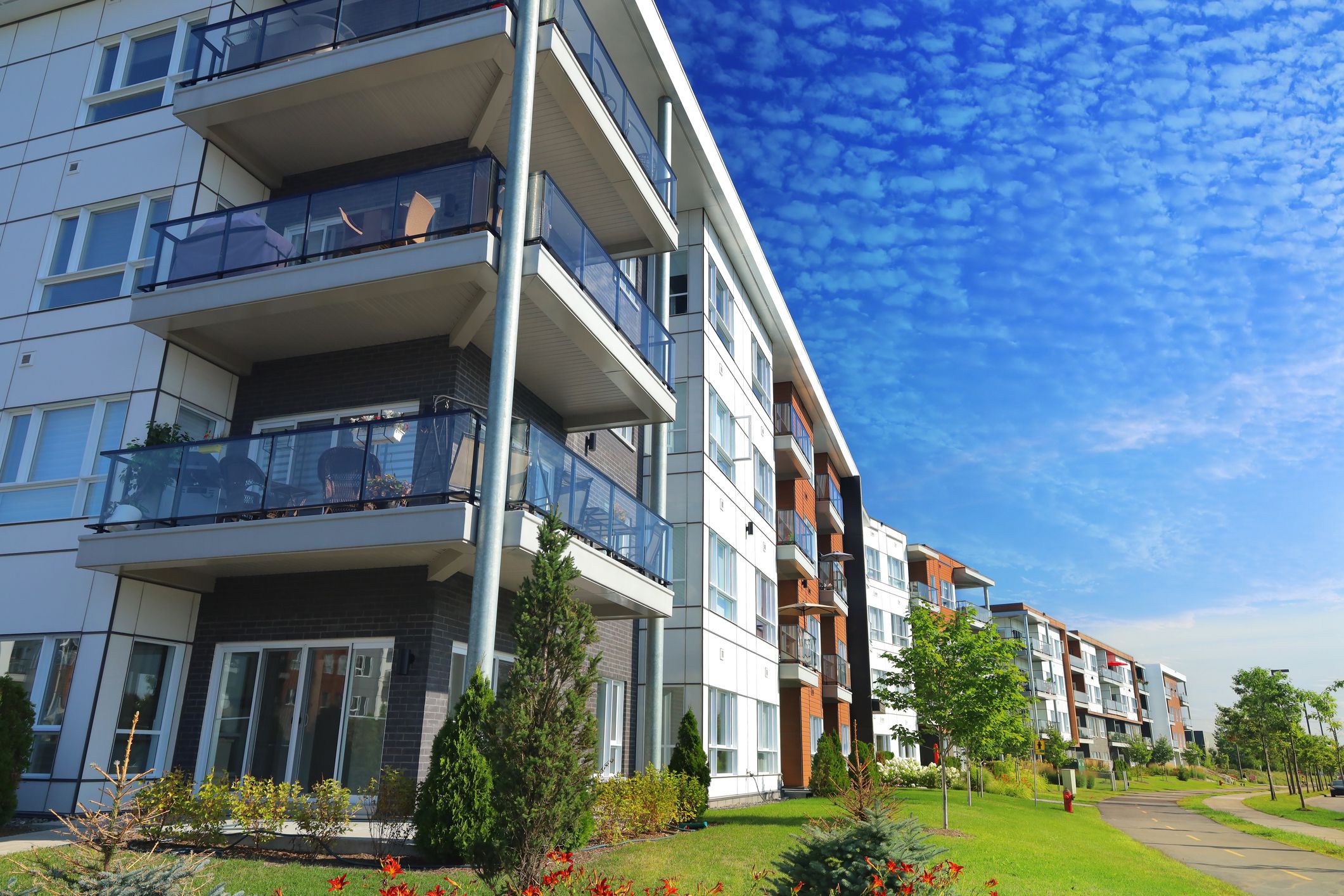
In today’s evolving housing landscape, affordable housing providers are under increasing pressure to deliver high-quality services with limited resources. Managing operations, meeting regulatory requirements, and ensuring tenant satisfaction are only a few of the many responsibilities these organizations juggle daily. To keep pace with growing demands, many are turning to purpose-built digital solutions that address the unique challenges of affordable housing software management.
Unlike traditional property management tools, digital platforms developed specifically for affordable housing are designed with compliance and accessibility in mind. These tools simplify complex tasks such as income verification, subsidy tracking, waitlist management, and reporting. With ever-changing federal and local regulations, housing providers must ensure accuracy and transparency in all their documentation. A well-designed digital solution helps maintain compliance by automating critical tasks and reducing the potential for human error.
One of the most significant benefits of digital systems is the ability to centralize data. Rather than relying on spreadsheets, paper files, or disconnected systems, providers can manage their operations through a single platform. This allows for better communication across departments, easier tracking of tenant information, and faster response times to resident needs. With everything stored securely in the cloud, staff members can access vital data from anywhere, ensuring continuity even during unexpected disruptions.
Affordable housing also relies heavily on timely, accurate reporting — both internally and to external agencies. Manual reporting processes often consume countless hours and leave room for mistakes. Digital solutions, however, generate real-time reports with just a few clicks. These systems are often equipped with templates tailored to regulatory requirements, making compliance audits and funding applications more efficient and less stressful.
Communication with residents is another area where digital platforms make a meaningful impact. Modern solutions offer portals that allow tenants to pay rent online, submit maintenance requests, and update their contact information. These tools foster a more inclusive, responsive, and respectful relationship between property managers and the people they serve. In communities where many residents may face language barriers or limited internet access, mobile-friendly and multilingual capabilities are vital — and today’s platforms increasingly reflect these needs.
In addition to improving internal workflows and resident engagement, digital solutions also play a critical role in asset and maintenance management. With digital tracking of work orders, maintenance histories, and inspections, property managers can better anticipate repairs, allocate resources more effectively, and extend the life of their buildings. This is especially important for affordable housing, where maximizing value is not just a priority — it’s a necessity.
Ultimately, the integration of digital technology into affordable housing operations is no longer a luxury. It is an essential step toward sustainability, efficiency, and equity. As these providers work to offer stable housing in their communities, the right tools can significantly ease administrative burdens and help organizations focus more on service than on paperwork.
By embracing technology tailored to their unique environment, affordable housing providers can operate more effectively and deliver better outcomes for both their staff and their residents. In a sector where every dollar and every decision matters, smart digital solutions are not just helpful — they’re transformative.




